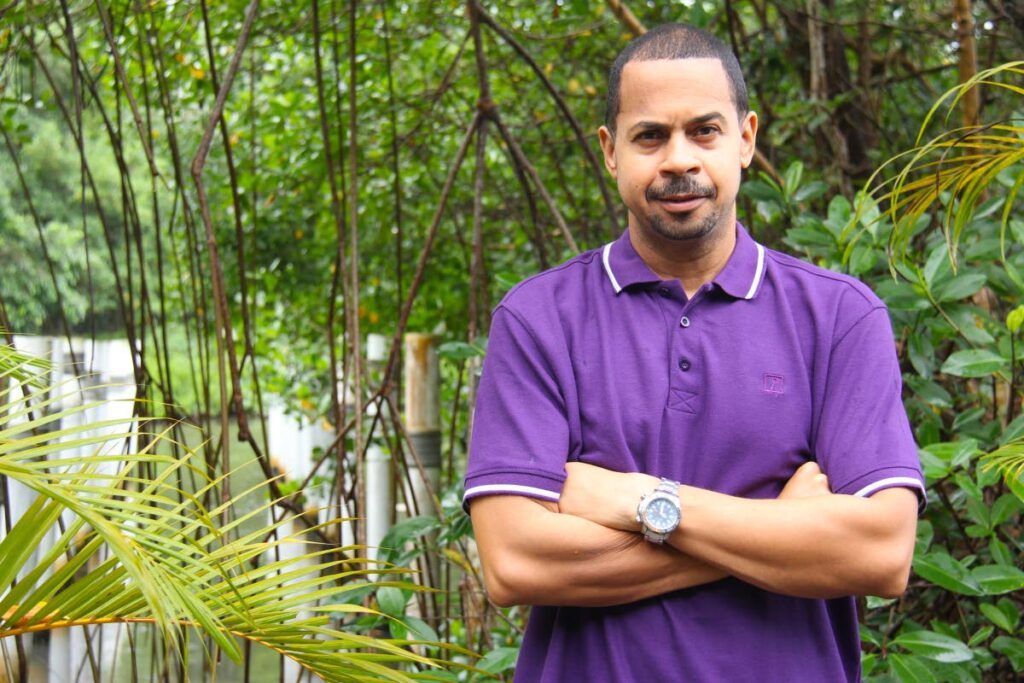Crime comes home

Paolo Kernahan
I DON'T THINK anyone experiences violent crime quite the way they imagine it.
Last week I was robbed at gunpoint. The incident unfolded in mere seconds; living through it, however, felt like a lifetime.
For days afterwards I played on an infinite loop a mental palliative mantra – this could have gone way worse.
With time, I realised that, yes, it could have been worse, but it was bad enough as it was. I've been a victim of crime countless times before. This, though, was the first time a gun was shoved in my face.
Crime is so omnipresent and indiscriminate that it had me doing a comparative analysis. I examined what others have endured to measure how much mental anguish is permissible in my case.
But then someone I know told me, "You need to be more alert, Paolo."
I didn't know I had a monkey gland until I read that text. It wasn't an ill-intentioned or malicious suggestion. Still, I was tossed back into a pit of self-doubt.
Did I reduce my exposure enough? Could I have done more? Did I do the right thing?
I was already battling guilt demons before the alert talk arose. It intensified feelings of powerlessness and victimhood. It made me angrier, both at being reduced to mere prey and at myself for having allowed this to happen.
Thankfully, the bulletproof facts intervened.
This was an armed robbery. I have no meta-human powers that would have enabled me to disarm them with, perhaps, a thought. I had neither a gun nor precognition that could have changed events.
Trinis have become adept at revictimising victims by theorising they were attacked because of what they did or failed to do. "Who tell she to wear jewellery!" "Whey dem going with all dat cyash!" "You ain't see de house? Dem in drugs."
And so it goes. A spike in criminal activity in Mayaro? Well, didn't you know Mayaro has become a drug-smuggling outpost? Home invasion in Westmoorings? Ditto.
Citizens make contortions, justifications, excuses and physics-defying leaps of reason to explain away crime.
This is all done to downplay an unsettling reality: there are multiple acts of criminality every day, everywhere. It's an ongoing criminal insurrection that's continued at a steady pace for years now. It's the predictable evolution of a trend of criminal predation that's been fed by failure, corruption and social decay for decades.
Citizens deflect the in-your-face truths for several reasons. Some do so because of slavish fealty to a nakedly derelict, dysfunctional government. Others do it to comfort themselves; make believe they won't be next because they don't do what victims do.
A few words on that: I stopped socialising years ago. I don't travel by night, go to the cinema, restaurants, boat rides, or the beach. If I need to go to the grocery or anywhere in public, I try to park closest to the entrance. Never one to wear jewellery, my public presence is decidedly inconspicuous. There's no fancy car, clothes, or any markers of affluence.
It's no way to live, but it's a way to survive.
Ninety-five per cent of my financial transactions are done through online banking and I generally use a card for retail purchases. I'd rarely have more than $100 on me at any given time. My life is a model of risk reduction.
Still, in a society under 24/7 siege, eventually one's number is called. Trying to keep bandits out of your life is like trying to keep sand out of your shoes by the seaside.
Worse than the criminality and the murders is the way TT society has normalised living with these soul-eaters coiled on their haunches in the shadows. We have shaped our existence around a perversely abnormal scourge – the perpetual terror of the masked gunman.
Trinis who've escaped this hellscape are in some cases entombed in the cold in Canada and beyond. In this tropical paradise, we are imprisoned by bandits stalking our every move.
You can always dress warmly. There is no killer-proof clothing.
When citizens make excuses for criminality, we make allowances for its continuation. As society quietly accepts that a minister of national security who has failed in his job is allowed to keep it, there can be no expectation of safety or peace.
I didn't experience an armed robbery the way I expected. I truly hope those of you who have thus far been spared never have to contemplate such horrors.


Comments
"Crime comes home"